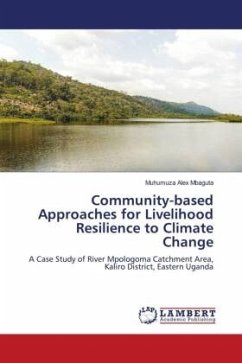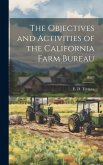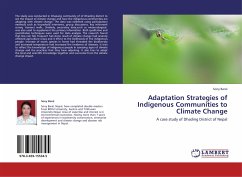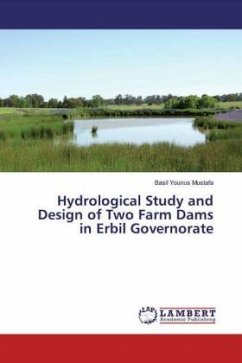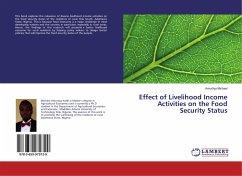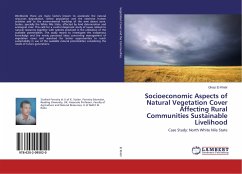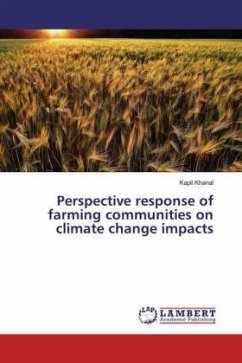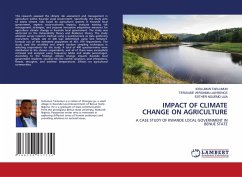The purpose of this study was to examine the Community-Based Approaches for Livelihood Resilience to Climate Change, focusing on river Mpologoma Catchment Area in Kaliro District of Eastern Uganda. The specific objectives of the study were; to assess the livelihood activities of communities, to investigate the livelihood challenges faced by communities amidst climate change and to assess the community perception and indigenous practices for promoting livelihood resilience. Theoretically, the study was conceptualised using the Sustainable Livelihood Approach. Methodologically, the study adopted a mixed research design, combining both quantitative and qualitative designs. Study participants were drawn from Namwiwa subcounty in parishes of Saaka and Kiganda in Kaliro district. Data was collected from 200 survey questionnaire respondents, 11 key informants and 4 FGDs. SPSS and content analysis were used to analyse quantitative and qualitative data, respectively. Results show that farming is the main livelihood for the communities along river Mpologoma in Kaliro district. However, the community is entangled in a vulnerable context of fragile livelihoods, subsistence farming, etc.
Bitte wählen Sie Ihr Anliegen aus.
Rechnungen
Retourenschein anfordern
Bestellstatus
Storno

